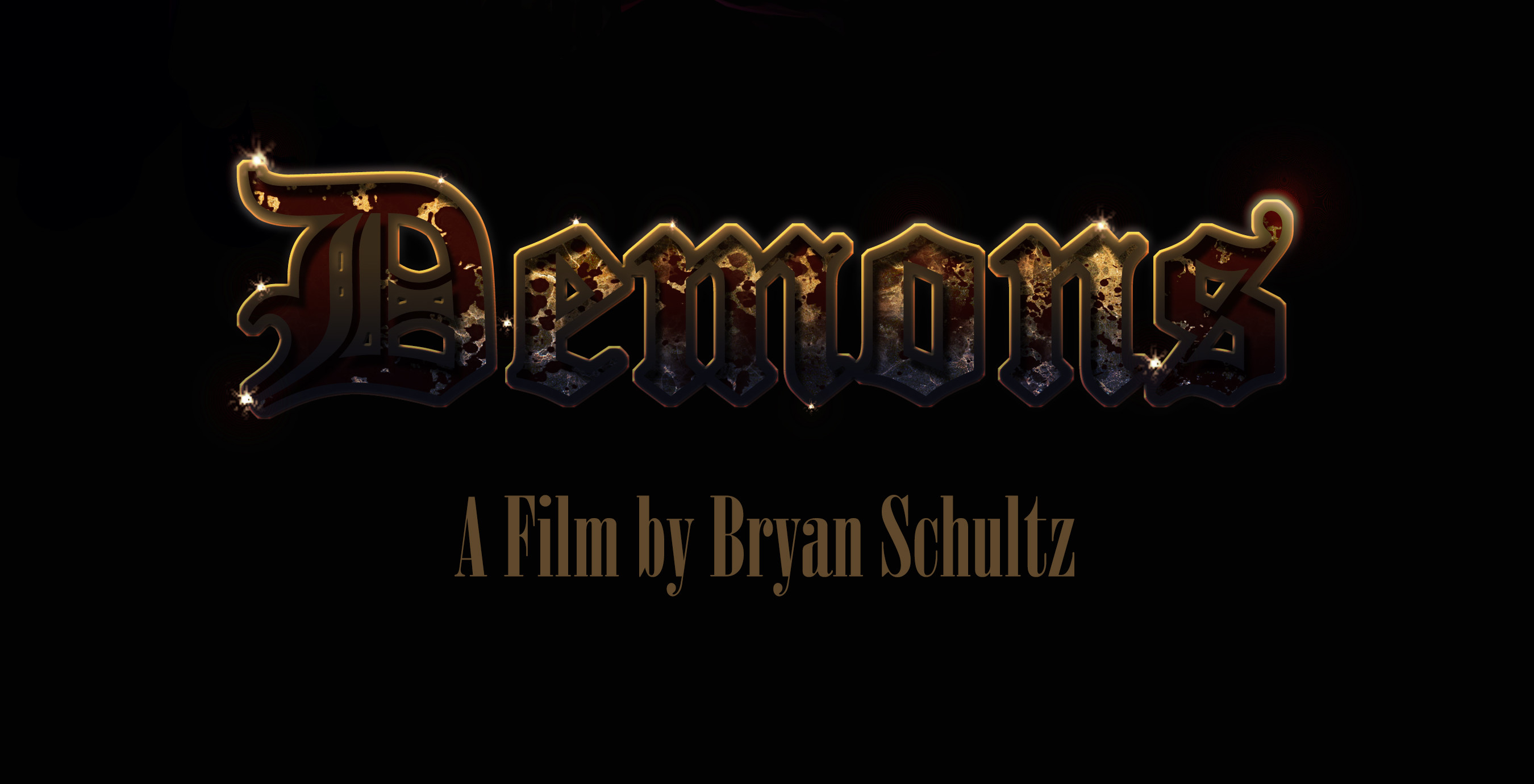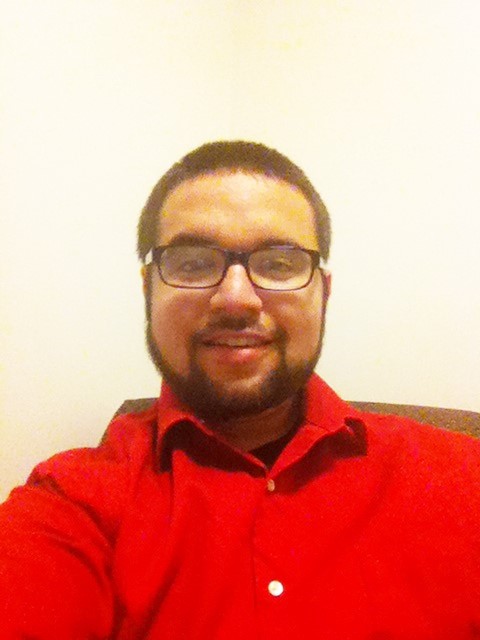What is your biggest motivation?
I think my need to succeed is my biggest motivation. Film is an extremely competitive business. You have to pretty much always be the best at what you do to stay relevant. If you don’t give your work 100 percent, it shows and people won’t want to work with you. Filmmaking is my passion and I have to succeed, so that motivates me to keep pushing onward.
How has Montclair fostered you as an artist?
The school provides a lot of equipment for students, which is huge. If you don’t have professional gear, it’s really hard to make a great movie, even if you have a great script. If your camera’s resolution isn’t very good [or] if your sound recording is anything less than professional, it can totally ruin your film. Thankfully, Montclair State has a lot of great equipment that students can easily access.
Another thing is that the production classes have pretty high expectations which is great. The professors encourage you to put in the extra work of rewriting your script, to find a really strong and experienced crew, to push through some of the painstaking technicalities that come with making a film and to never settle. They’ll have people working in the industry come in to speak during classes or at the film forums and they’ll show plenty of other films, some made by students, as a motivator for your own work. There’s a lot of encouragement and support from the professors, which means a lot of great films.
Who are your biggest supporters?
My family is definitely very supportive. The people I get to work with in film are probably my biggest supporters, though, because we all support each other. We each work on each other’s films and, by working together, we all want each other to succeed. We all push each other to make better films.
Who are your biggest inspirations?
I think everyone going into film, whether they have realized it or not, has definitely been influenced or inspired by Stanley Kubrick’s work. He had a distinct look in his films, but he always adapted it to the material he worked on and each film was almost always of a different genre. His attention to detail in cinematography, lighting and production design raised the bar for filmmakers everywhere. I think [he] and Martin Scorsese are my biggest filmmaking idols. Scorsese is like a human encyclopedia of film; he can draw on an endless supply of film knowledge for inspiration. I aspire to be like him in that I watch as many films as I can.
As far as my projects, I draw inspiration from everyone and everything, so it really depends on the project. My last project was very inspired by Louis C.K.’s brand of humor, so I channeled that in my writing.
What is your latest project?
For my thesis I’m directing a horror short film called “Demons.” It’s about a single mother who faces judgment in a special circle of the Underworld for a crime she got away with. Horror is a very hard genre to pull off successfully, which is what I think draws me to it. Some people just don’t find certain things scary. In writing this film, I worked from the concept that fear comes from within. Sure, someone can startle you by having something scary pop out at you, but is that as scary as having a dark, personal secret you don’t want anyone to know about suddenly revealed to all?
Even though the movie is a horror film, it’s also rooted in fantasy. I drew on Greek mythology for my depiction of the Underworld and in terms of how I want it to look, I find myself very inspired by Guillermo Del Toro’s films, Pan’s Labyrinth in particular. He has such an eye for creating otherworldly things while still making a very personal story. We recently casted the film and are currently raising money on Indiegogo to meet the budget we have in mind to bring the project to life. I have started assembling crew from Montclair State to help me create the film and, I can say with confidence, this is going to be the best film I’ve made yet.





